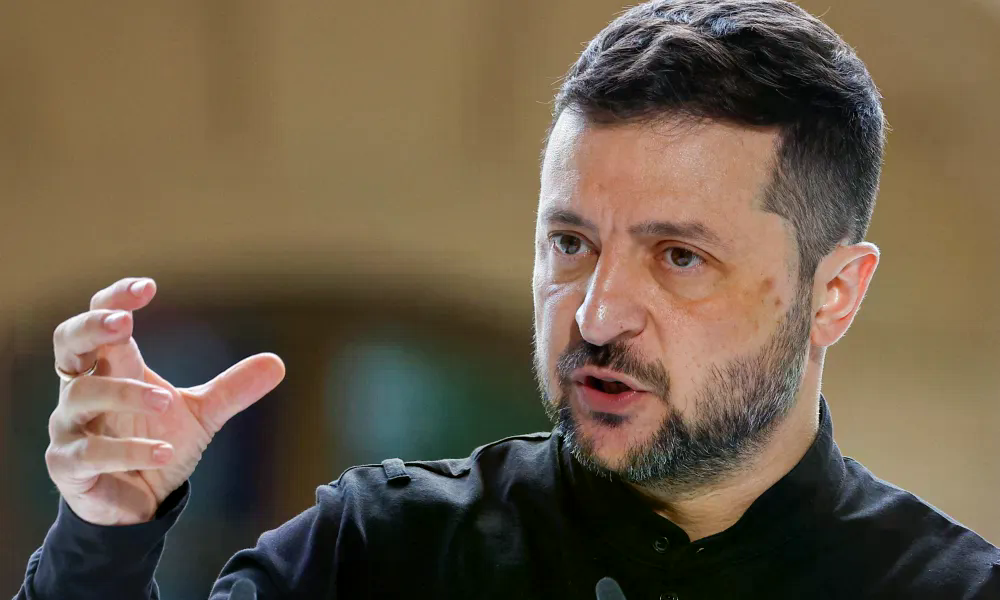
Ukrainian President Volodymyr Zelenskyy has called on Hungary to cease blocking Kyiv’s efforts to join the European Union, as the EU continues to support advancing Ukraine toward the next stage of accession despite concerns over corruption. The European Commission, the EU’s executive body, recently released enlargement reports evaluating the readiness of potential new members, including Ukraine, Serbia, and Montenegro.
During the presentation of the reports, EU Enlargement Commissioner Marta Kos acknowledged Ukraine’s progress in combating corruption but emphasized that further improvements are needed. Earlier this year, Zelenskyy’s ruling party introduced amendments to grant the president’s appointed general prosecutor the authority to transfer cases from key anti-corruption bodies—namely the National Anti-Corruption Bureau (NABU) and the Specialized Anti-Corruption Prosecutor’s Office (SAPO).
These changes sparked widespread protests in Ukraine, marking some of the largest demonstrations since the Russian invasion began in 2022, and led to pressure from European officials. Ultimately, parliament restored the independence of NABU and SAPO, signaling a step forward in addressing corruption concerns.
The EU has raised concerns about “backsliding” on anti-corruption efforts, noting only “limited progress” had been made. It pointed to growing pressure on anti-corruption agencies and civil society groups from state and security services, which cast doubt on Ukraine’s commitment to its anti-corruption agenda.
Despite these concerns, Kos expressed her desire for Ukraine and Moldova to move forward with formal accession negotiations. Zelenskyy defended his country’s anti-corruption measures, claiming Ukraine has the most extensive anti-corruption infrastructure in Europe and asserting that it is doing everything possible to combat corruption.
Ukraine aims to conclude its accession talks by the end of 2028. However, a significant obstacle remains: Hungarian Prime Minister Viktor Orbán, whose government has consistently opposed Ukraine’s EU membership. As Hungary prepares for national elections in 2026, Orbán’s administration has used the issue as a political talking point.
Orbán has accused the EU and Ukraine of attempting to install a puppet government in Hungary, suggesting they aim to change Hungary’s policy toward Ukraine after the next elections. Initially supportive of Ukraine’s EU accession following Russia’s full-scale invasion, Orbán has since argued that Ukraine’s membership would threaten Hungary’s sovereignty and economic stability by introducing crime, cheap labor, and low-quality agricultural products.
Zelenskyy has urged Orbán to at least refrain from obstructing Ukraine’s path to EU membership, stating that Hungary should support Ukraine during its struggle for survival. The EU has faced criticism for its slow decision-making, with Hungary’s use of national vetoes hindering the process.
Kos emphasized that if candidate states are delivering results, as demonstrated in the recent reports, the EU must also fulfill its commitments.


